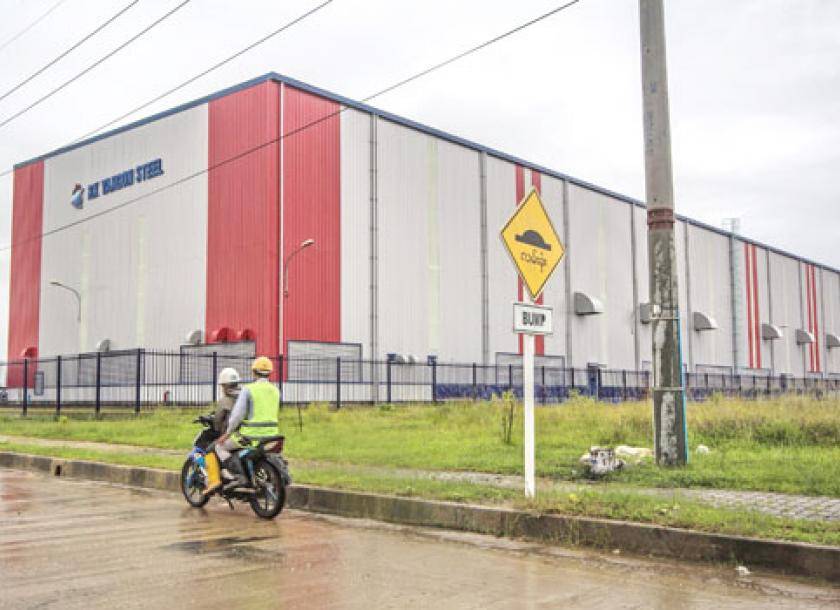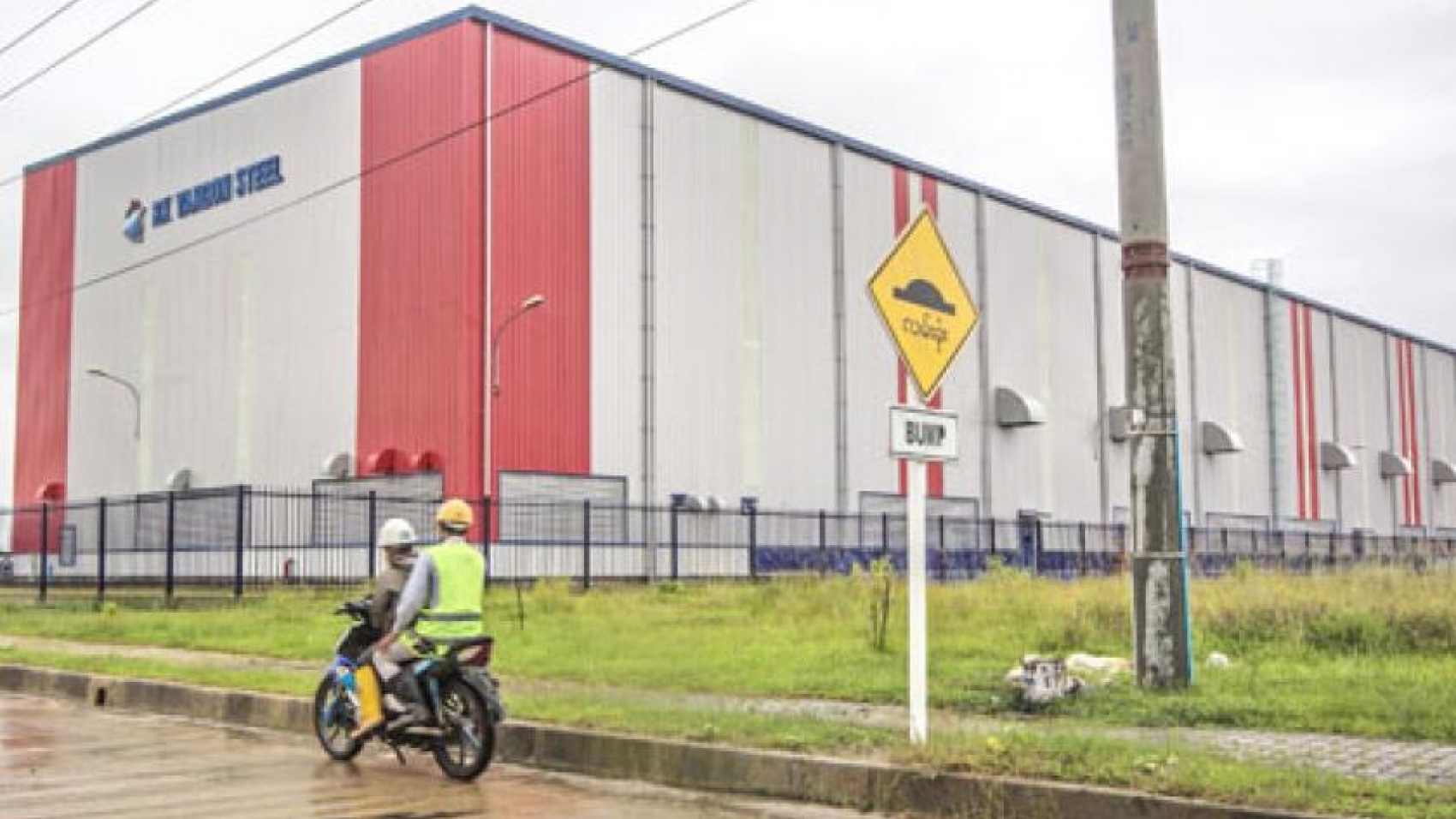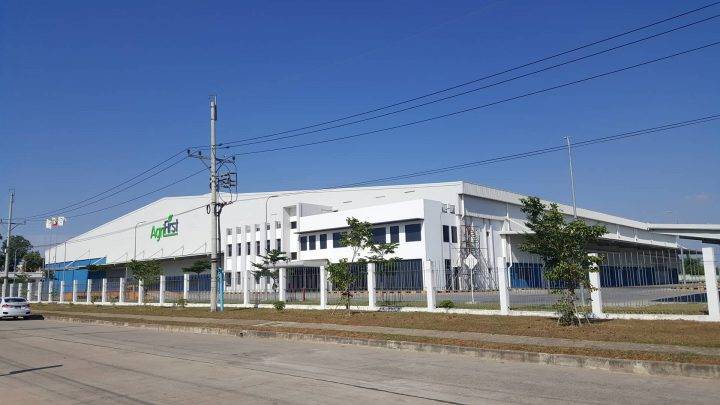
Thilawa SEZ has invested more than $ 1,360 million in 47 months, with the manufacturing sector accounting for more than $ 1,170 million, according to the Directorate of Investment and Company Administration. According to the SEZ law, Thilawa SEZ received $ 1,366.621 million in foreign investment in 47 months and $ 1,177.451 million in the manufacturing sector. More than $ 1.9 billion has been invested by 111 international companies in Thilawa SEZ, 18 of which are expanding their business, according to Myanmar Thilawa SEZ Holdings Pubilc Co., Ltd.
According to the Myanmar Investment Commission, a total of $ 116.557 million has been invested in the Thilawa SEZ under the SEZ law, including an increase in investment in the first 10 months of the current fiscal year. After COVID-19, there will be opportunities to attract more Japanese investment in addition to Japanese investment in Thilawa SEZ. In addition to Japanese investment in the Thilawa SEZ, there are potential opportunities for further international investment in the COVID-19 beyond. The activities of Myanmar Thilawa SEZ Holdings Public Co., Ltd. in the post-COVID-19 rehabilitation program in our country will play a key role in solving the post-COVID-19 challenges and problems.
113 companies from 18 countries are currently investing in the Thilawa SEZ, which could employ more than 10,000 workers. Thilawa SEZ is currently one of the best industrial zones in Myanmar and is in a position to enjoy the opportunities and benefits of increased productivity. Thilawa SEZ will continue to invite investors as a perfect industrial zone. The industrial zone sector will not be affected by the COVID-19 crisis, but revenue may fall temporarily in the second half of 2020, according to the 2019 Annual Report of Myanmar Thilawa SEZ Holdings Public Co. Ltd. The annual report and financial statements for this year are for the fiscal year 2019, which is from April to September 2019, for the six-month period instead of the regular 12-month period. The net profit for the current six-month period was 8.275 billion kyats, compared to 15.61 billion kyats in the previous 12 months.
Source: Daily Eleven



